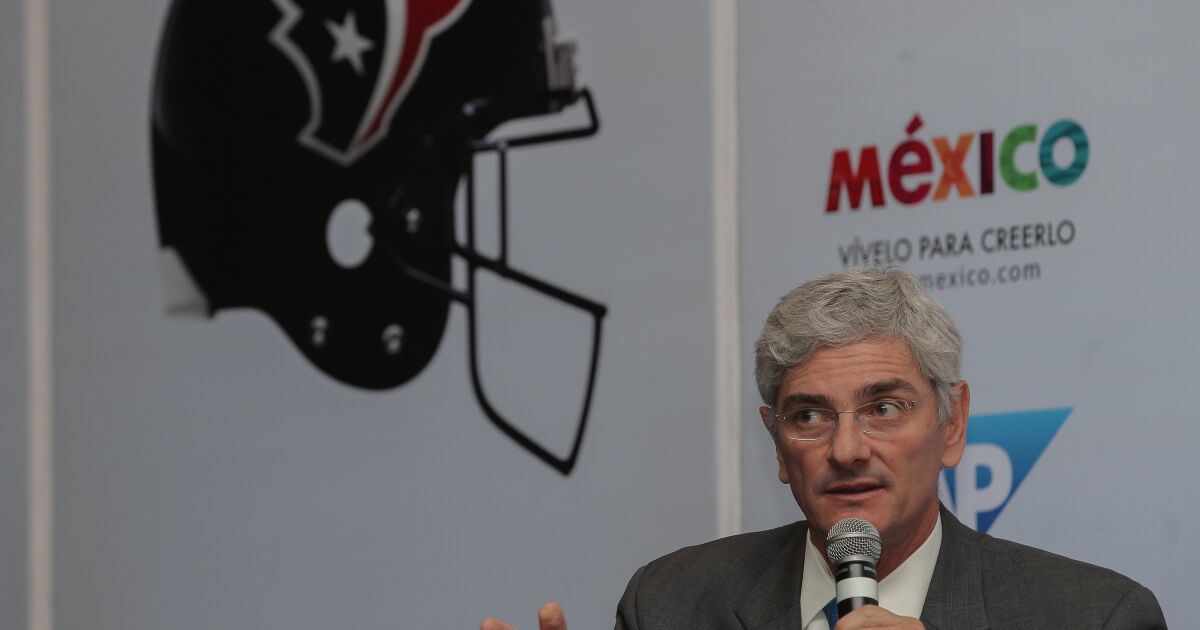In Asia and Africa we celebrate the expansion of the world

While the football world was absorbing In a controversial decision by FIFA to increase the number of teams from 32 to 48 for the 2026 World Cup, Milutin Sridojevic tried not to lose focus.
Serbia coach Sridojevic is in Dubai to prepare the Ugandan national team for the African Cup of Nations, the continental tournament that starts on January 14th in Gabon. Uganda will participate in the tournament for the first time since 1978 and are a far cry from the favorites.
Increasing the difference can benefit countries like Uganda. Although he tried to think only of immediate matches, the news of the expansion of the FIFA World Cup reached Sridewevic’s ears.
“Sure, my mind is completely focused on the tournament that we have in a few days, but I’m still hearing the news,” Sridojevic said by phone from the training camp of the team nicknamed the Jacks. “The planet was paralyzed during the World Cup, and these feelings will now be shared by 48 qualified countries,” he added.
FIFA’s decision to increase the number of teams starting with the 2026 tournament was met with skepticism in many places. Especially in Europe, where officials, clubs and fans believe that change only makes FIFA money and that this is an attempt by its new president, Gianni Infantino, to express his admiration for the national federations that make up the body.
However, in places like Kampala, the capital of Uganda, and in many countries across Africa, Asia and the Caribbean, change is seen as opening a golden door that has remained closed.
Bob Bradley knows very well how difficult it can be to open this door. In the 2010 World Cup, he coached the United States national team, which qualified for each cup since 1990, but failed to participate in the 2014 tournament as Egypt’s coach, when his team lost a match against Ghana.
“This game belongs to the people, to the world. The smallest countries deserve a chance to belong.”
Thomas Rongin, former coach of the American Samoa national team
“For whatever team was about to get there, the idea of expanding the World Cup sounds exciting,” Bradley said. “You understand that after working in a country where the World Cup is so important.”
Although Bradley admitted that he was skeptical about the reasons for the expansion, noting that “sometimes I still think that these decisions were made for the wrong reasons, and in the end this affects the quality of the competition”, Sridojevic was not interested in the least. minimum.
Teams like Uganda, which are currently 72 in the FIFA Rankings, tend to make the most of the World Cup expansions. Africa is currently competing for five places out of 54 member associations, making qualification extremely difficult for any team that is not a traditional force.
For an African team, qualifying for the World Cup can have a transformative effect, as it helps develop and showcase the wealth of talent that exists on the continent, Sridojevic has indicated.
“Football is the second religion in Africa,” said Sridojevic, who has trained in South Africa, Sudan, Ethiopia, Tanzania and Rwanda.
Other coaches also celebrated the expansion. Dutchman Thomas Rongen said he realized the importance of the World Cup to small teams when he captained American Samoa in 2011. They went from not winning a match to narrowly missing out on the decisive round of the 2014 World Cup.
“This game is the people’s game, the world,” Rongen said. “The smallest country deserves the opportunity to belong.”
Asia is likely to feel the biggest impact from the expansion of World Cup stakes. It is the most populous in the world, with 47 member associations in FIFA, and has two of the least developed football markets on the planet, namely China and India, two countries with a combined population of more than 2 billion people. China qualified for the World Cup only once in 2002. Despite recent investments in the millions of dollars in a domestic emerging league, India has never participated.
Currently, Asia has only four guaranteed places for the World Cup, plus a place to be played in an intercontinental match.
“Looking at the 32-team tournament, you could say it’s not comprehensive,” said India’s coach, Stephen Constantine. “As far as expansion is concerned, they might be late.”

“Reader. Beer practitioner. Web expert. Subtly charming travel geek. Friendly music specialist.”











